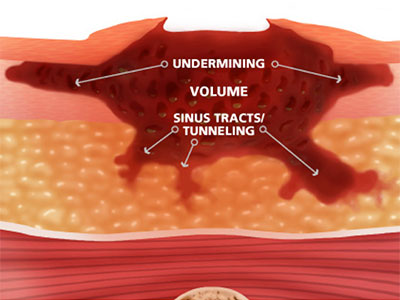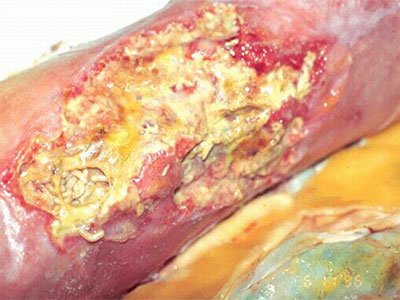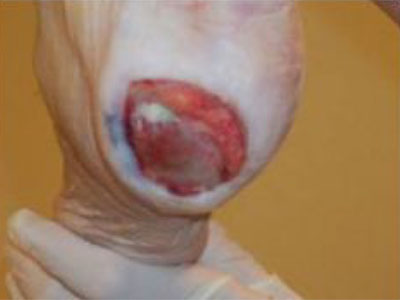Collaborative Care – An Evidence Based Model for Integrating Behavioral Health in Primary Care
September 22nd, 2017 | ArchiveBy George Nasra, M.D., M.B.A.
This is my first contribution to the AHP clinical newsletter as medical director for behavioral health (BH). In this role, I have been working closely with the AHP care management team and the newly formed AHP behavioral health integration team to think through and implement different models of BH integration across a few AHP sites which we identified as part of our initial pilots. From using the lessons learned in this experience we can soon implement behavioral health collaboration and integration models to other practices in the AHP network. So here is an introduction of a few concepts of behavioral health integration and more specifically the Collaborative Care Model.
“Integrated care” and “collaborative care” are terms often used interchangeably to describe various interventions aimed at bringing general medical and mental health or substance use services to serve patients with chronic comorbid conditions. Collaborative Care however is a specific form of integration based on the principles of the chronic care model, which aims to improve access to evidence based mental health treatment for primary care patients. The essential elements of Collaborative Care include: team-based care, evidence-based interventions, measurement guided care and a focus on population management.
Our collaborative care team consists of:
1. The patient who is informed of the process, the team structure and supported in being an active participant in his/her treatment.
2. The mental health (MH) care manager who is typically a nurse, social worker or licensed therapist who can offer the patient evidence based interventions for common mental disorders such as depression or anxiety. The mental health care management can follow up on their progress by using a registry that tracks PHQ-9 and GAD-7 scores. The care management role in this context is to make sure patients are engaged, have follow up treatment and do not “fall through the cracks”.
3. The primary care physician who reviews the results of the screening tools and makes a decision on whether the patient needs to be seen by the mental health care manager. The PCP will continue to work closely with the MH care manager and oversee all aspects of the medications prescribed to the patient with input from the psychiatric consultant.
4. The psychiatric consultant who is typically a psychiatrist or a psychiatric nurse practitioner who will review cases with the MH care manager and providing input including medication recommendations which is then communicated back to the PCP.
Several randomized controlled trials have demonstrated the clinical effectiveness of the Collaborative Care model. The NYS Medicaid as well as Medicare offer a financial model of reimbursement based on a case rate (PMPM) for this type of work.
The AHP BH integration team is interested in facilitating a conversation about behavioral health support in your practice. Please reach out to me via email here with any thoughts or questions you may have.
















